|
As I’m coming up on the four-year anniversary of my private practice, I wanted to share some of how I have learned to include horses in the way I do things as a therapist. I have done a lot of learning with the equine-assisted therapy model and received certification, trained in EMDR a leading trauma treatment, and I have also not lost my foundation of TBRI (Trust-Based Relational Intervention) and attachment which I have been doing almost 10 years now. It has been bumpy learning to incorporate all that I find beneficial in a way that is authentic to me. I do think I have hit a good stride now, however! I am grateful to the clients these past four years and their teachings. For any future clients I wanted to share what sessions look like now at my practice. I have synthesized what I do with clients into two phases. The first phase is learning how to form a secure relationship with the horse. This involves improving on the attachment skills researched to be indicators of secure attachment: the ability to give care, receive care, have autonomy, and negotiate your needs.* This is the foundation in treating attachment and complex trauma that TBRI utilizes on for healing. As the client learns to make requests of the horse and form a trusting relationship, they naturally improve their coping skills and regulation in this work. We do also intentionally learn skills that improve obstacles in the moment and at home. Some of the skills are learned as a necessity in working to communicate your needs to an emotionally attuned being. It requires energy regulation, body awareness, and brain integration. In the phase two, once a client is able to demonstrate a healthy-regulated-connected-relationship and has a trusting bond with their horse, then we will work on sharing a story with their horse. This could be a traumatic memory, negative self-belief, or somatic stress in the body. We process this with EMDR therapy on horseback, if desired. The horse provides bilateral stimulation with their movement but if riding is not good for either the horse or human, we can tell the horse the story while walking or petting them. By this point, the Client and horse may be ready to do mounted work because of the comfort they have making requests and the connection the horse feels to the Client. The mounting process is done with connection and consent from the horse. In phase two, the Client is able to demonstrate a connection to the horse where they can ask the horse to follow them on their own to the mounting block to ride. The Client is also prepared in their nervous system to share about their traumatic memory from the phase one skills learned. I find both of these usually progress at the same rate in phase one as trauma can be linked to relationship vulnerabilities as well.
I have seen Clients do amazing work in this process! I love hearing people say that they didn’t think they would be able to share about their trauma, but they found it was easy to do with the support of their horse. This is such a gentle way to heal that I have not seen overwhelm any client. I have also seen the horses assist in regulating their human partner and help them release the trauma in their body. It is so comforting to be literally carried right through visiting one of the most difficult times of your life. The horses provide the regulation in the moment that allows the client to finally let go of the stress of the past. Email me today to learn more about starting your journey! [email protected] Pictures by Delta Rae Photography not of an actual Client session. *Research by Jude Cassidy- “Truth Lies and Intimacy: An Attachment Perspective” (2001)
0 Comments
I have partnered with the University of Wisconsin social work programs for the past two years in hosting student interns. I have loved this experience and sharing what I have learned over the years and giving back to the field of social work. I had great field supervisors in my time in college and that is where I found TBRI®. What I didn’t expect with interns was to get so much back! The clients, horses, and I love the excitement, passion, and creativity students bring! In addition, it gives an opportunity to practice “goodbyes” in a healthy way and process related trauma for the client. So many children from hard places struggle with this. Marissa, our most recent intern from the Masters of Social Work program, wrapped up working and sharing herself with us here at Wholehearted Herd Counseling this month. She gave me permission to share her final remarks she submitted to her professor on the blog. It is so beautifully written and thought out! I hope you enjoy it as much as I did! This was my last week at Wholehearted Herd Counseling. As we thought about the best way to facilitate this closure with the clients, it was important to Justine and I that they experienced a “good goodbye”. Most of the children we work with have been in the foster care/adoption system, and have traumatic histories related to adults who abandoned them in one way or another. A “good goodbye” experience was imperative. With some we did collaborative art where each of us contributed to a project, played games, shared memories, created “invisible strings”, went on nature hikes, or just said a simple “goodbye” with a smile. No matter which version of goodbye activity we did, we wanted it to be meaningful and I believe we succeeded in this!
What an incredible field placement this was for so many reasons. On an educational level, I have learned an incredible amount of useful skills and information. Justine and her practice will remain imprinted in my memory and will help shape my own style as a practitioner. The horses have taught me so much about authentic connection, trust, and relationship. As they do for our clients, they also mirrored back to me the many internal dynamics I carried with me into field each day. They helped me grow, heal, and release over and over. I am deeply grateful for the gift of their presence. I learned that I am good at facilitating mindful meditations. I have been challenged to think outside of the box to come up with creative activities and interventions that carry a purpose and a goal. The clients have blown me away at their strength. These kids carry an incredible amount of trauma, yet they show up every day. They entrust themselves to our care despite the fact that adults who came before us have broken their trust and their hearts. They allow us to speak life and hope into their shattered dreams. They conquer their fears of big animals, of talking to grown-ups, and of remembering and processing through difficult things. They still laugh. They show empathy and care towards their horse partners. They are incredibly strong. I believe attachment is the key to wholeness. It is the secret ingredient God uses to heal us and connect us all together. This experience has taught me that oftentimes we have to un-do what we were taught and then re-build ourselves. Sometimes we have to allow people into our dark places to help us re-build. This rebuilding is not a bad thing but a necessary step in the journey of learning how to show up to in the world as the brightest, most authentic version of ourselves.
One reason therapy of any kind is so reparative is because it give our nervous system a different response than it was expecting. Let’s say that you come in to chat about a trauma you’ve experienced in the past and the therapist provides the opposite experience for you as you retell it by being nurturing, believing, and not swept up in their own story about it. This allows your nervous system to process the attachment trauma of not being heard, believed, or attuned to the first time during the trauma in the past. This works even better when your partnered in session with a horse because of their great ability to attune to us!
Experts like Dr. Purvis and Dr. Cross state that parents of kids who have attachment wounds are supposed to be like therapist in their home to make those brain pathways needed. You can use this therapy tool of providing a different experience in your home to heal attachment trauma! When you see your child in stress, ask yourself “When my child was a baby what was the response to this experience for them?” If you know they were neglected, respond with attention and care. If you know they were abused, have an extra calm and nurturing response. This is also why TBRI prioritizes connection, giving voice, choices and other amazing tools. However… this does take special X-Ray vision to see beneath the sass of a 14 year old who feels their needs are not being met because you won’t give them their phone. This doesn’t mean give in, it means respond with meeting their regulation need. Empathize with how hard it is for them and sit with them while they calm (you are actually empathetic and calm because you can see this is a “baby” need not met). And just like that.. boom! You created a pathway to override the old neglect and dysregulated one! Hard stuff though right?? I hear ya… What if I told you that you don’t need to be a therapist or perfect to do this though! Research from Dr. Susan Woodhouse in 2019 states that parents of infants need to “get it right” about 50% of the time when responding to their child. We are parenting kids with brains like infants in many ways. This means we don’t have to be perfect, but we do have less leeway than children not impacted by attachment trauma, which research states is about 33% of the time of parents needing to be “good enough.” However if you do find you are swept up in your own “stuff” more than half of the time, that is a good barometer to you knowing when you need your own therapeutic support. Though maybe not as severe, we are all impacted by our own attachment wounds too! If you want to learn all the awesome TBRI tools that also heal attachment wounds, consider attending the simulcast I am hosting! Details are on this page. If you need any support with applying this in your home feel free to send me an email! [email protected] Playful engagement is one of the Trust-Based Relational Intervention (TBRI) strategies that supposed to be first level of all of our interactions with our children. Sometimes it can be really hard to think of play first though! I wanted to share one “win” I had at home in getting my daughter to clean up. I am a firm believer that chores are so great for children. However, they are torture for us to get them to do them!! The whining, the constant supervision to get it done, the fits and tantrums that can ensue are not easy to deal with, especially for kids with sensitive nervous systems due to trauma! It would be so much easier to clean her toys myself but that isn’t teaching her the values of respect and hard work that I want her to have. It is not always my first impulse to start with play when transitioning to cleaning, but this time I did! I had just gone though my old ribbons and awards from 4-H and school and she wanted to play with a few. Those happened to be out when I wanted her to clean and I had this idea! Here is the explanation:
Supplies needed: * Three trophies, ribbons, or awards * A messy room (children will supply this one!) * Pretend microphone optional but encouraged Steps: 1. Think of three specific, manageable cleaning tasks for your child’s developmental level (not chronological age) 2. Enter the room with the awards and your best “announcer” voice and say: “The completion has begun and I am looking for a brave contestant to win these awards!! The categories for the competition are folding clothes, putting away blocks, and making the bed! How about you sir??” 3. Narrate the competition giving praise to your child as they do the cleaning like a sports announcer. Say you have to see them do all three categories to rank them for awards. 4. Give out first, second, and third place for how well they did each activity. (Commencement music optional) “You folded these all so neatly and you did that with respect so that gives you the first place for that! Second place goes to putting away blocks since those also look nice and third place goes to the bed! Great job!!!” Note: if you have more than one child, I would not recommend making this a competition between them. I would have each child clean their own room with three tasks of their own for you to rank individually. Have fun and try not to make any critical comments that would ruin the fun of the activity and it’s great that they are just doing it without fussing or throwing a fit! Keep that the goal of this activity. Happy cleaning! Let me know if you try it! If you are raising a kid impacted by trauma I can predict with 99% certainty that you have struggles with transitions. This is a “Justine” fact, but I would put money on it! At any rate, you are definitely not alone in this struggle. Simple requests like “Honey come down and wash you hands for dinner” or “Time to leave the park” or even just getting to the car to go somewhere, can cause huge melt downs. This can come from lack of predictability in early developmental stages where the child learned that transitions don’t go well. Children feel they need to be in control for survival and transitions feel like a loss of control in their nervous system. Children who transitioned from foster homes, left biological parents, death, divorce, etc. are examples of life transitions that could be triggers of what is at play. There many great Trust-based Relational Intervention (TBRI) strageies that we can draw from to help with this. In the Empowering Principals maybe hunger, thirst, tiredness have an impact that can be looked at. Even using timers is a TBRI empowerment strategy. With the Connecting Principals there are certainly ways we can recognize our triggers and the ways we use our voice, tone, and engagement to make transitions better. However what I want to focus on is the TBRI Correcting Principals with this one, specifically the proactive skills. Proactive TBRI skills are what we do to teach behaviors we want to see outside of the stressful moment. This is one of the hardest ones to remember to do and to find time for, but can be a game changer for assisting with hard times like transitions!
One thing I have tried is making a “Transition Game.” The object of the game is for the child to pause immediately when you say to and move to the next activity. I make a list of six activities and the child rolls to dice to see what comes next. This gives the child some control in this and allows for cooperation with you. I will say “pause, next activity!” when it is time to change and then they roll the dice. I decide to switch based on how I see them doing and their window of tolerance. When you make the list I reccomend to choosing a few things they would be excited about but also include an unprefered activity so they can gain mastery in switching because they will be motivated to move out of that activity. I include high and low energy activities to also practice self-regulation and training for their nervous system. If your child does well, you can also include something that is a real challenge like T.V. or tablet time. It may be best to work up to this for some children so they can feel competent with ones that are less challenging. A common question I do get asked a lot is what age range is TBRI for? This and other proactive strategies are for all ages! How I explain this to teens is that we need to train our brains like any other muscle and this activity is like going to the gym for our brains. With teens it would also be helpful to make the list together with activities you both enjoy or struggle with. The benefit of proactive strategies is that you can use the “cue words” in the moment when behaviors arise next time! After doing this game I was able to say to my daughter “pause, next activity” when she struggled with a transition and she laughed and then found it easier to stop what she was doing. She has even asked to play this game again! Let me know if you try this or what other areas of struggle would be nice to create a proactive game around! Words are so powerful! Studies have been done showing that plants thrive and grow with loving words and wilt and wither with hateful words (IKEA study 2018). I believe that words carry an energy with them, based on what I know from the Bible and from the vibrational frequency field of study. I have recently been convicted of what language I am using in regards to my horse’s “personalities” and who I find it easier to connect with than others. Many parents find themselves in the same situation where one child is easier to parent than another… Not favorites per se, but different connections. That is very normal especially for parents with children who have mental health challenges and attachment disorders, when the child isn’t able to give a desired response to your nurture or discipline due to brain and body challenges changed from trauma. The challenge that remains is keeping yourself in check to not make this child the “other”, “black sheep”, or “difficult” child. This is especially important with children who were adopted or were in foster care as this can be an issue already. If we get into the habit of talking about the child’s issues, like we have to do at times to professionals, the child can sense our difficulty as a character flaw in them and bring about shame. Shame does not create behavioral change and it could increase the undesired behaviors because of them feeling our challenge with them!
This is not something I am immune to in my parenting or with the horses. I have been more mindful about how I speak about my herd. I often tell clients that we don’t do anything here in therapy with the horses that doesn't apply to human relationships. This work is principle based and the principles transfer! The principle then of me being mindful of my words about the horse (or child) that challenges me most, is then something I need to apply. There is one of my horses that struggles with connection because of their history and reacts by nipping me when they want to complain about anything. If I don’t stop my thoughts I can end up thinking and talking to others about how they are “naughty” or any number of complaints of my own! The more I let my thoughts go, the more negative I get, and the more I expect that horse to nip me.. and guess what? They do end up nipping me more! This is a self-fulfilling prophecy. The issue we see in our child, think about, talk about, and expect to see, usually creates a dynamic where the child (or horse) lives up to those expectations. Not something we want to do! I also want to stop here so we can halt the mom-guilt train as well. It is really hard to parent these kids who don’t receive our connection the way we want! The big behaviors are hard and we often don’t have anyone to talk to about it. I am hoping to start a mom’s group this fall to help combat this issue. (Let me know if you’re interested!) Self compassion is key to parenting with regulation and the ability for self-growth (see the awesome podcast about this by Robyn Gobbel https://robyngobbel.com/selfcompassion/). So what can we do prevent the self-fulfilling prophecy effect with our children (and horses)? Working on our thoughts does help. Stopping ourselves when we think about what challenges us in our child in a non-constructive manner. However the goal is to get our whole body and brain on board with the shift! Creating more opportunities for connection with this child and moments of joy will help give more positives to focus on. If you can also raise empathy for your child by thinking of some of the reasons why they may behave in those ways, perhaps resistance kept them safe in a time prior to your care. Also reframing some of the gifts of certain personality traits like stubbornness and anger as them being able to stand up for what they believe and think is fair, something more adults should do! There are times when it is necessary to talk about the child's behaviors to a parent who wasn’t there or professional as a part of the natural consequences of breaking a rule. A good way to prevent the shame from being the only thing they take away from the conversation, is to make sure you are saying more positive than negative. If you say one negative thing, say two specific positive things and end on the positive as well. For example when talking to dad later in the day when the child is present, “Barbie had a rough day at school where she walked out of math class and swore at the teacher. Barbie did well calming down within a few minutes and did great making it up to her teacher by helping her staple papers later. She is a helpful girl.” Specific and factual! I plan to spend intentional time with my horse this week and shoo away any thoughts that keep them in the role of the “naughty” horse and not the strong, curious, and determined horse they are! I also plan to intentionally shift how I talk about them to others and do re-dos when I mess up.
Parenting “kids from hard places” is hard! Nothing that worked for you as a kid is working for the kids whom you’ve brought into your home and they are not responding like your biological kids to your parenting methods. I created a little video below to share about some of the more traditional parenting tools we come into parenting with that may “work” on kids who have not experienced trauma, but are just not cutting it with your sweet, hurt child. Some of the old tools like yelling, time outs, taking away things, reward charts, you name it.. just don’t work and it’s frustrating. I would note that any technique that desires compliance and obedience due to fear over whole brain connection won’t “work” in the long run but that’s another blog post.. :)
Our kid’s brain’s have such a tiny window of tolerance, or zone of what feels safe to them, that many of the old tools are too much or too subtle to make any changes with a child impacted by an attachment or trauma wound. Either the tiniest of remarks sends them into a four-hour explosion or they could care less if you threw away everything in their room including their bed. The feeling of loosing the control that kept them safe or the lack of care for your expectations due to not having a stable attachment in the past, makes sense given their history. However, it is not working in the home you are trying to build on connection! We need new tools that create connection and felt-safety to stay in their window of tolerance. Yes, a big part of our child’s healing is their individual therapy work that we do building their window of tolerance, responding to relational triggers in the moment with their horse partner, learning to manage energy, and form healthy attachments is essential to helping your goal of having a connected home (See my page on Individual therapy). If we are being honest though, it is very hard even when you know all the connected parenting tools you learn from TBRI (Trust-Based Relational Intervention) and trauma experts- because we get triggered too! When it comes down to it, we know a big part of their healing comes from us. We have to be the co-regulators for them to learn the regulation skills they missed in infancy and the secure attachment they can cling to. If we have our own struggles with calming ourselves and attachment triggers (we all do including me!) then how can we give them what we don’t have? By having your own therapy sessions, you can feel the internal regulation and mindfulness that the horses naturally help us with. We can also practice learning to increase and lower our energy to gain connection and cooperation. Horses have very similar brains to kids who’ve experienced trauma and we can gain muscle memory for gradually increasing the energy of our request until we get connected cooperation. Trust me, we can experience very similar sensations when our horse isn’t cooperating as we do with our kids! The TBRI levels of response is this very thing of incrementally increasing our request and not using more pressure than needed. It is hard to master! It’s far too easy to slip out of the connected parenting/TBRI framework into yelling etc. Let’s grow our connection muscles- you, me, and the horses! See my contact page to reach out today. For parents with kids who are in the CCS and CLTS programs this very well could be covered under your child’s goals and paid for if your worker adds this to their plan. As well as some Forward Health clients if there is a family goal. In the video I explain all this and more. Give it a watch and let me know if you have any questions at all!
I have also included a video of my and my horse Jack as I ask him to follow me. I start with intention, then a look, a smooch, waving my arms, and when I get too frustrated (a deep breath) and a rope help me with my energy. Practices like this help me to increase my window of tolerance and when my child is “not listening” I have more emotional space to gradually increase my pressure with her.
Weighted items are wonderful sensory tools that can be very effective for calming. The pressure is calming and can work for children who are dysregulated because it is passive sensory input which is what the brain needs when its in survival mode. It is also great because it does not involve touching which can trigger some children further. Some anxious children love them for just watching TV or doing homework as well. I personally love weighted blankets and my weighted shoulder wrap! They can be pretty pricey so I decided to make my own weighted stuffed animals for the office. The large horses are the perfect lap size. Most occupational therapists recommend 10% of the child’s body weight. You will need:
Sometimes I forget how universal trauma is to all living beings. Even horses can have trauma. One of them being our big guy, Jack. The way that I have seen trauma play out in him is also a reminder that trauma lives in the body. Trauma is any experience where the sensory information registered by the brain is arrhythmic. Chaotic, jarring, shocking, violent, harsh… these are the opposite of predictable, patterned, repetitive which Dr. Bruce Perry states are essential to trauma healing. The thing is the brain is actually connected to our whole body with neurons in our stomach and heart and all through our body connected to our vagus nerve. One book that shows how much trauma impacts all of our self is “The Body Keeps the Score” by Bessel Van Der Kolk. It shows how the body can hold memories of trauma which impact so much of our daily lives. This is how he describes trauma in the book: “We have learned that trauma is not just an event that took place sometime in the past; it is also the imprint left by that experience on mind, brain, and body. This imprint has ongoing consequences for how the human organism manages to survive in the present. Trauma results in a fundamental reorganization of the way mind and brain manage perceptions. It changes not only how we think and what we think about, but also our very capacity to think.” Trauma lodges within our body and can get trapped causing all kinds of issues. Van Der Kolk also states: “After trauma the world is experienced with a different nervous system. The survivor’s energy now becomes focused on suppressing inner chaos, at the expense of spontaneous involvement in their lives. These attempts to maintain control over unbearable physiological reactions can result in a whole range of physical symptoms, including fibromyalgia, chronic fatigue, and other autoimmune diseases. This explains why it is critical for trauma treatment to engage the entire organism, body, mind, and brain.” You may have guessed it… Equine-assisted therapy is body-based! The experiential nature of working with the horses and the attuned feedback they give us about our body and emotions helps us to make great strides in healing trauma. In 2018 Jack suffered a bought of Lyme’s Disease. Something that is very common in our area. He was so sore and could barely walk most days. After lots of treatment and loving he is back to mostly normal. However our farrier pointed out last year that Jack’s hoof shows the record of this trauma. That line in the middle shows the arrhythmic growth of his hoof during that time of stress. His body was keeping the score! How can this concept show up with our kiddos? The need for therapy the address the body and not just talking about trauma is explained deeply in The Body Keeps the Score. Doing this helps our child’s emotional and behavioral health for sure. There are many other ways the body shows up as a result of trauma. Apart from many physical symptoms such as tummy issues that show up with stress in the moment, other autoimmune diseases are more prevalent among children and adults who’ve experienced trauma. (See the ACE study for more information) There are also occurrences of heightened stress around trauma anniversaries. Taking note of the time of year your child was removed, experienced loss, or other marked incidents can help to explain an increase in behaviors around that time. Psychology Today* cites a study from research at Stockholm University who studied parents who lost a child and they had an increased risk of dying of a cardiovascular event during the anniversary week of that death. I know personally as foster parents we have noticed increased stress during the time week of removal in later years. Keeping the brain, body, emotional connection in mind can help us be more understanding and compassionate to ourselves and our kids! Resources: ACE Adverse Childhood Experiences Study: https://www.cdc.gov/violenceprevention/aces/index.html *Trauma Anniversaries: https://www.psychologytoday.com/us/blog/how-be-yourself/201609/5-ways-deal-anniversary-reactions Things have amped up at my house as I’m sure it has in many houses as stress levels increase for parents with pandemic and political burnout hitting us pretty hard. Our three year old has increased some behaviors this week and I decided to pull from my tool belt TBRI nurture groups. A nurture group is a time set aside to proactively get ahead of problems in the home and do it with fun and connection. It borrows from Theraplay activities and I have adapted it some at my house. Empowered to Connect has a great post about how they do nurture groups as well.
It is broken down into a few sections and here is a sample outline of what I do in my home and in sessions with families.
If this is something you need help in trying or think your child is just too oppositional to do on your own, I would love to help you all in a family session! You also wouldn’t believe how cool it is to include your horse partner in your nurture group as well. Contact me to schedule a session. I also have created an Etsy shop to provide digital outlines for Nurture Groups on various topics for you to print and do at home! https://wholeheartedherd.etsy.com/ *We heard the name Mr. Piddlesworth from a dog’s name on a Dr. Poll episode on Disney Plus and it makes me laugh even now thinking of that silly name. ☺ |
Proudly powered by Weebly
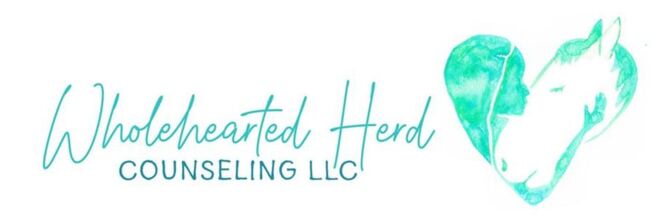

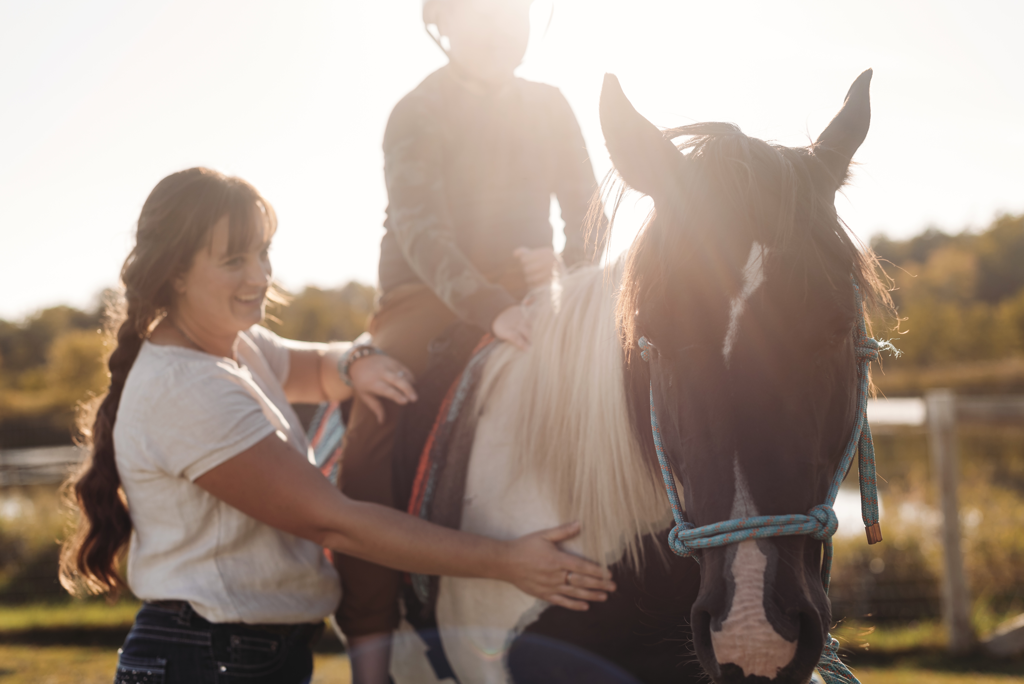
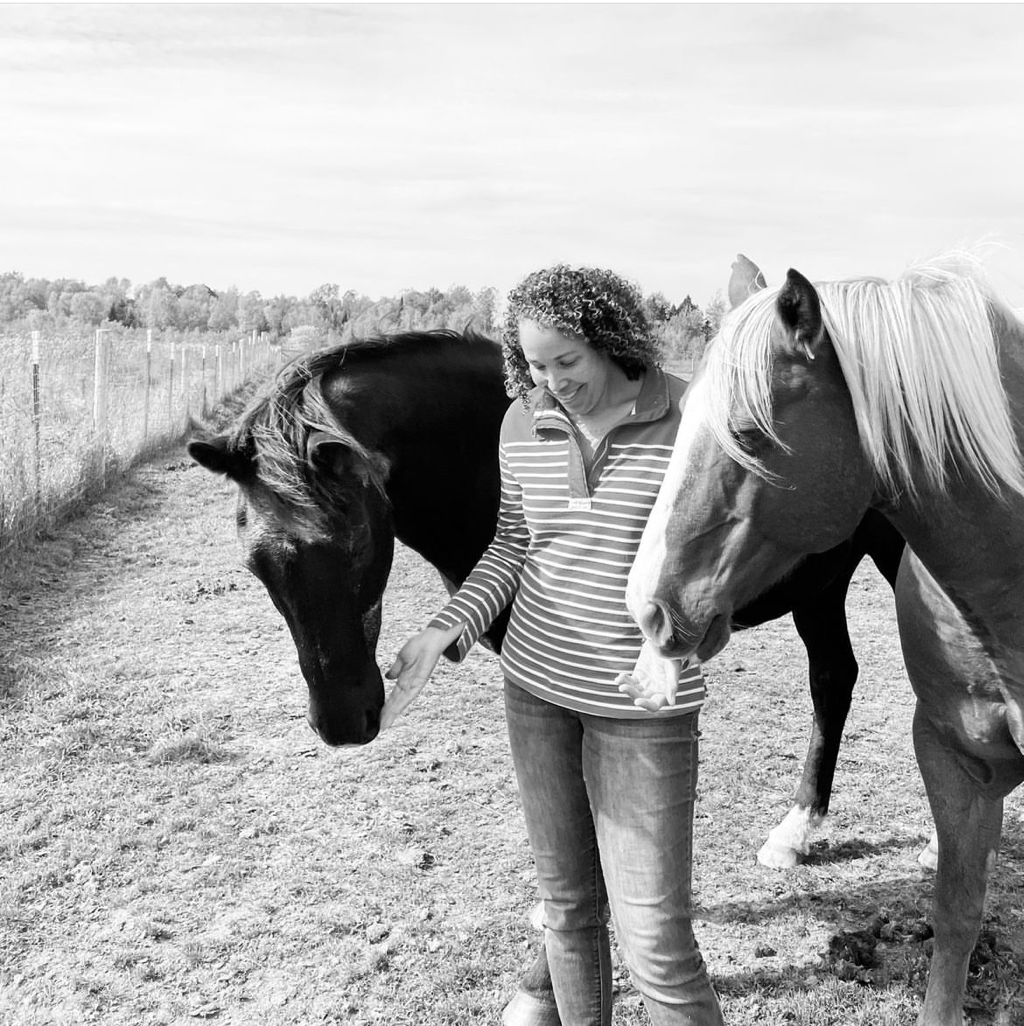

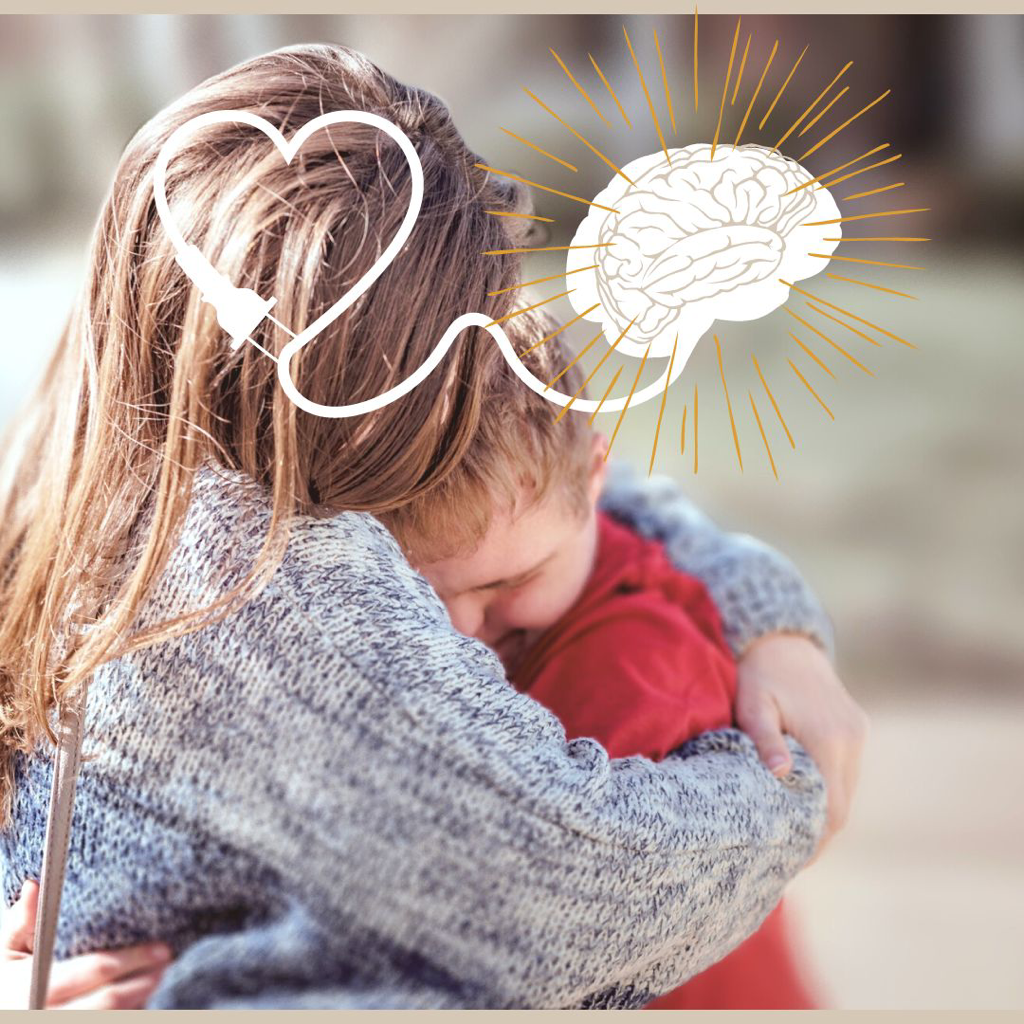

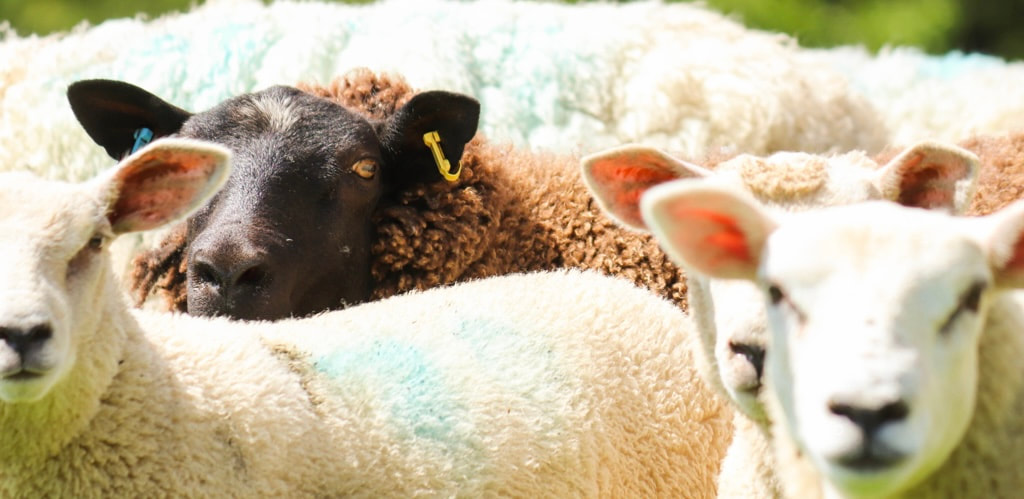
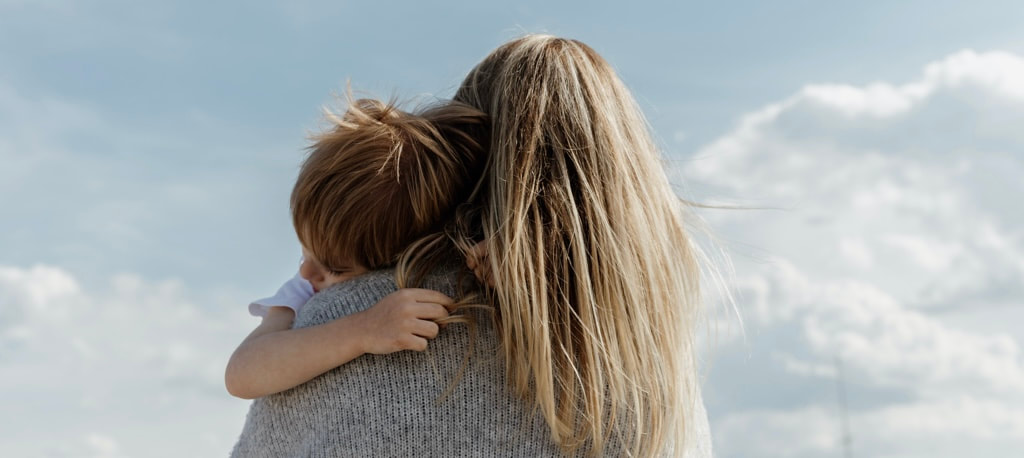
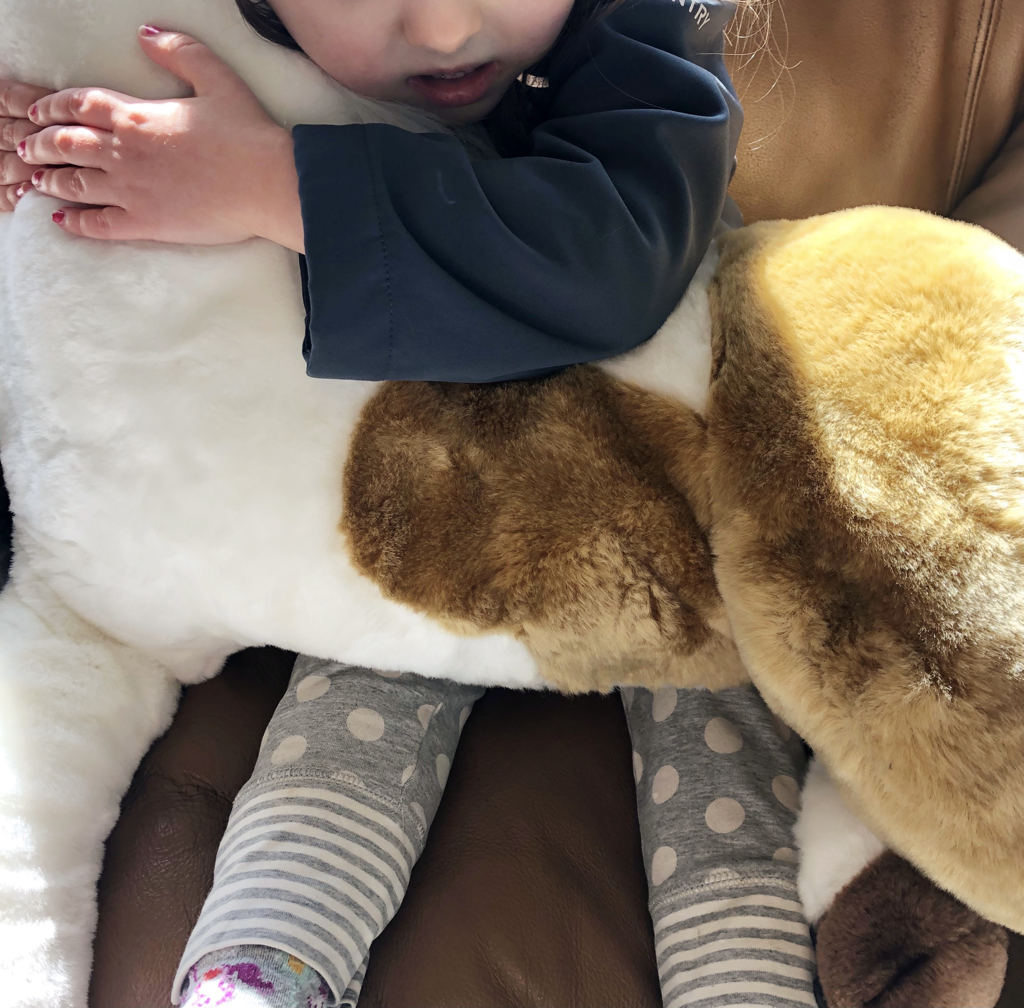
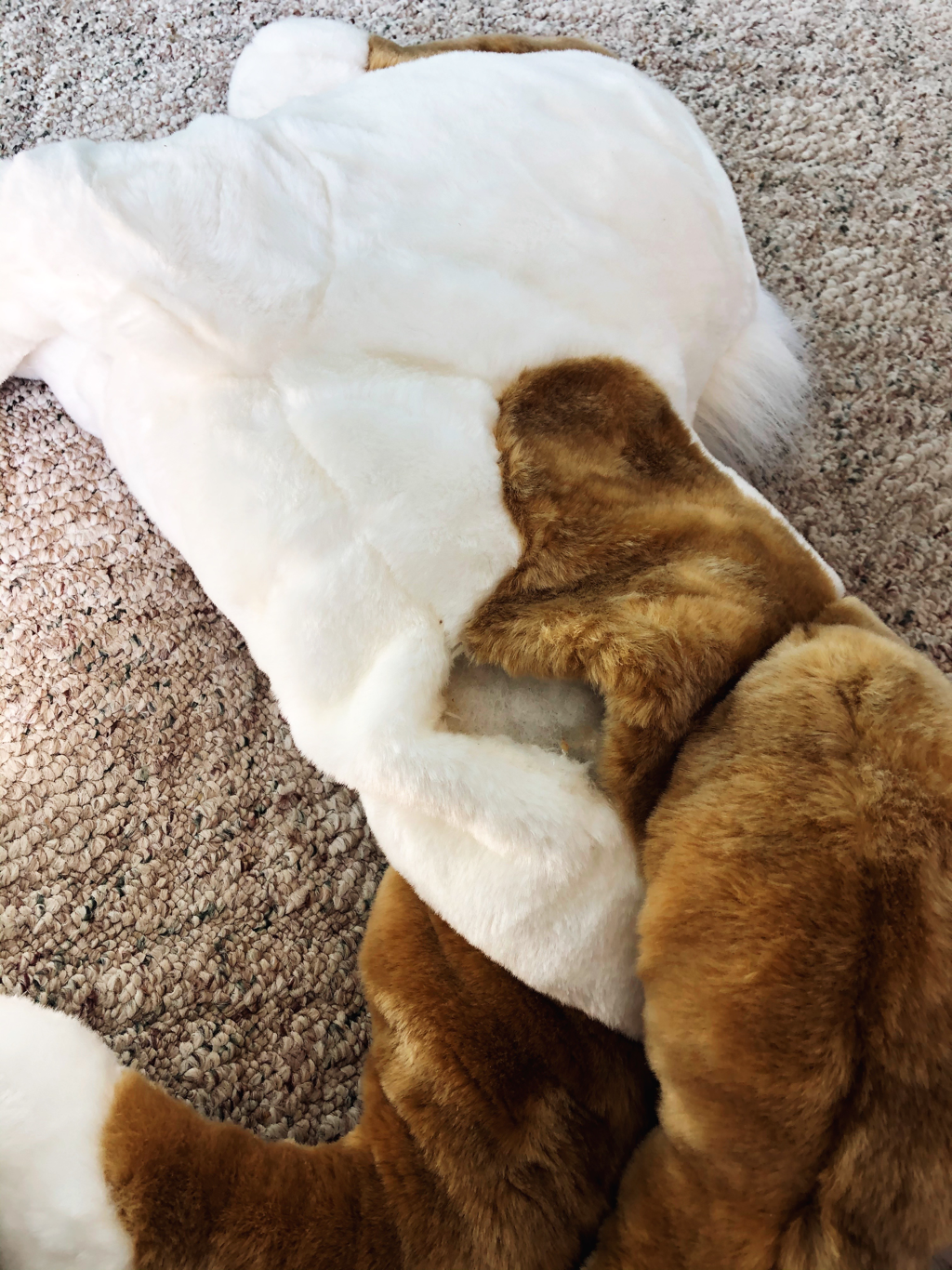
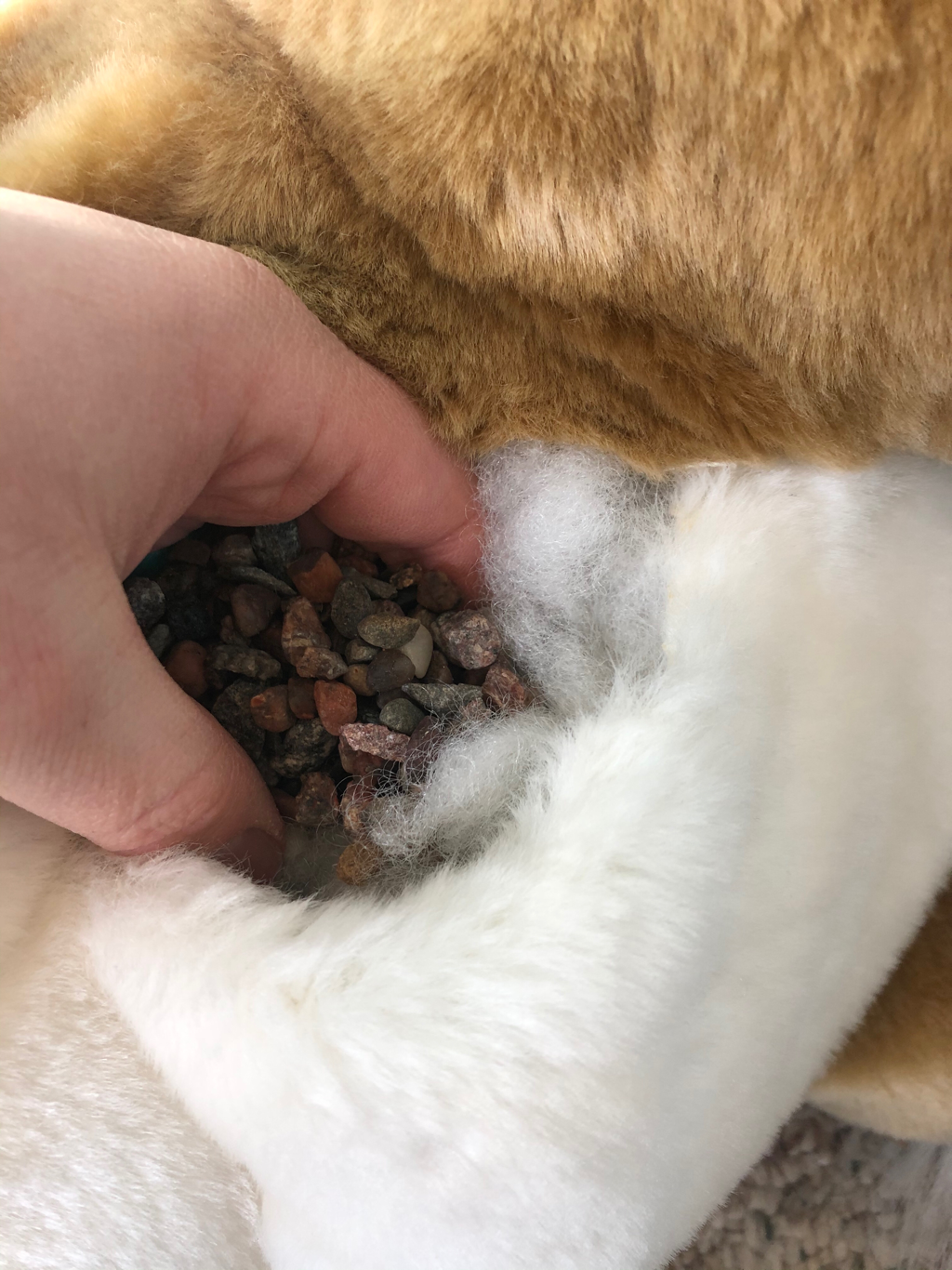
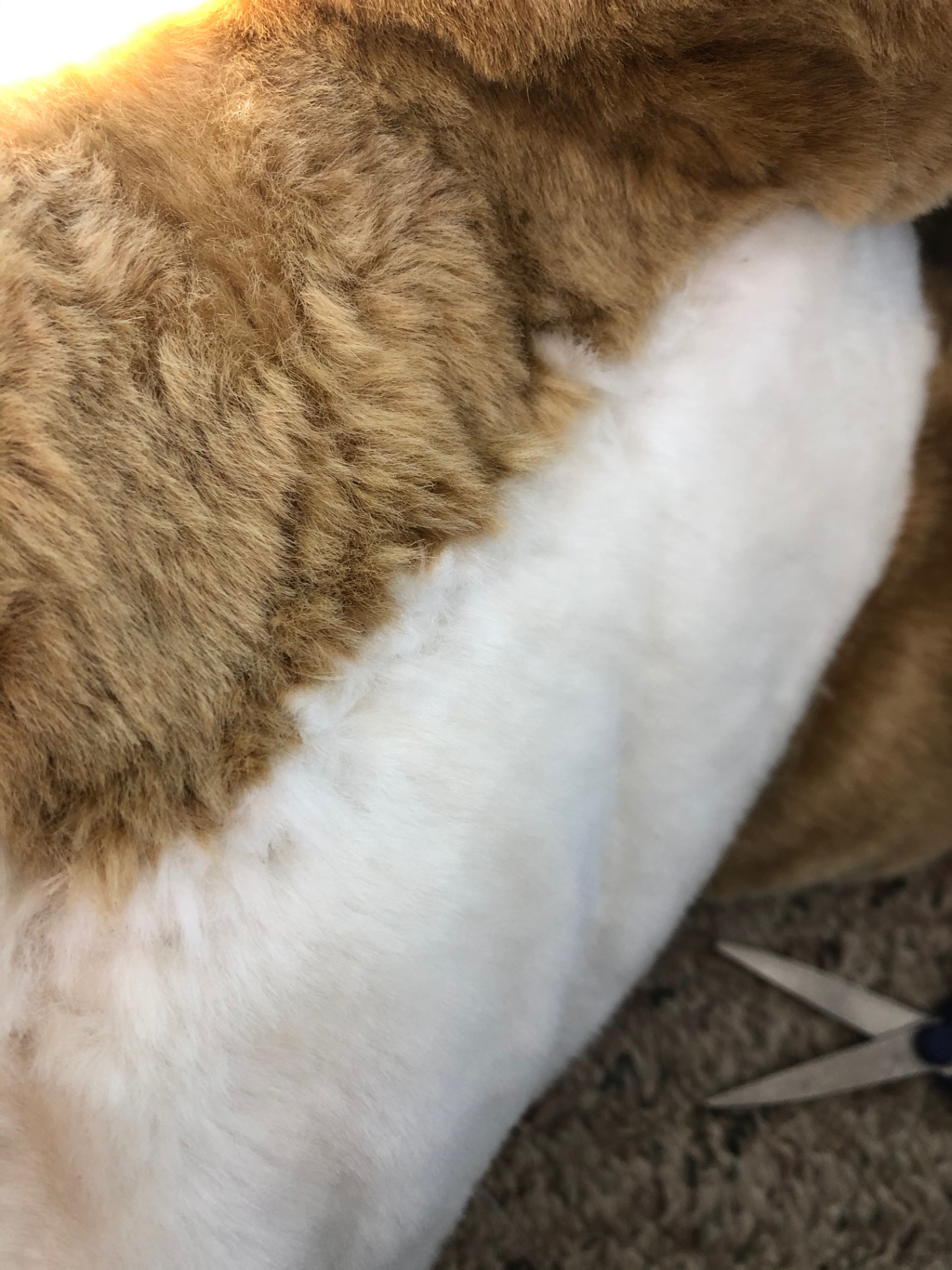

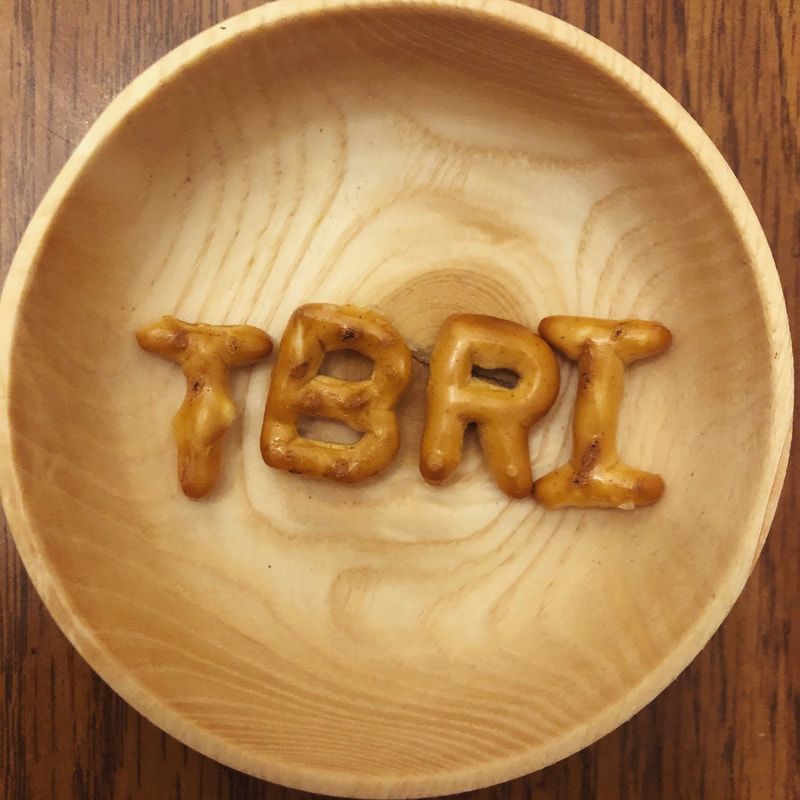
 RSS Feed
RSS Feed